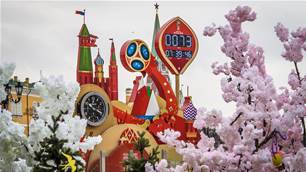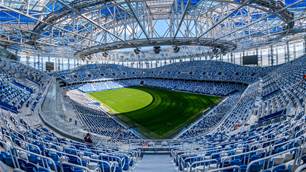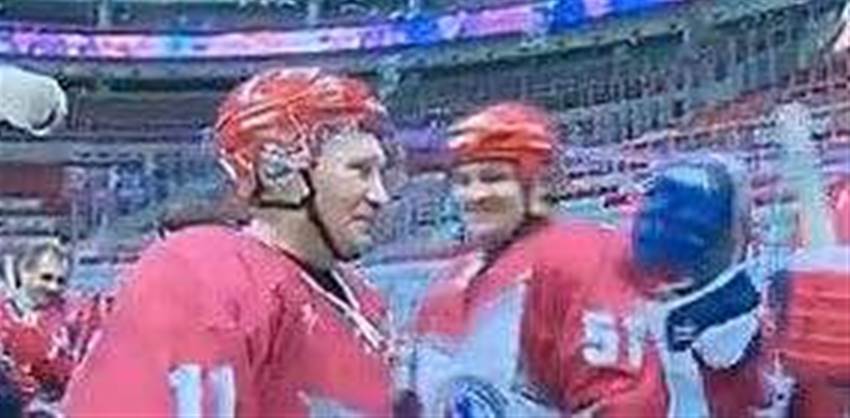It was inevitable, with Vladimir Putin presiding, that these Winter Olympics would be so highly politically charged.
One of sport’s grand canards: let’s keep the politics out. It’s usually framed as a well-meaning plea to focus on the achievements of the athletes, and any distraction from that is a disservice to their efforts. Unfortunately, it’s a naive hope; worse, it ‘s used as a veil by cynical leaders to cover their own misdeeds.
That thought will be front-of-mind this month as the youth of the world assembles in Sochi. The last time the Olympics were in Russia, they were politically fraught. Here we are again, three decades later, with quite different ideological and geopolitical trappings. And yet, these Winter Olympics are shaping as a political Games.
It was inevitable, with Vladimir Putin presiding, that these Olympics would be so charged. Russia has gone in for an old-style assertion of national greatness as host, setting an Olympic cost blowout record in converting a Black Sea resort into a cold-sport haven (our favourite quote, from Russian opposition leader and Sochi native Boris Nemtsov: “Putin has found one of the only places in Russia where there is no snow in the winter.”)
No Olympian-level muscle flexing, though, could distract from Russia’s awful record of restricting freedom of expression. The potential flashpoint at these Games has formed around the country’s laws banning “gay propaganda”, part of a larger culture of intolerance toward homosexuality. While the Russian leadership attempted to play down the issue, any hint of activism on the part of the athletes has been seriously discouraged. The IOC and the various national committees have been terribly complicit in urging that its athletes fall in line with rules against making political statements at the Games.
It’s easy to criticise the apathy of modern athletes, but a growing consciousness has been evident among many of the competitors headed to Sochi. Unlike the boycotts of a previous generation, the most meaningful political statement to be made involves turning up – to bring awareness of the issue front and centre to Sochi. Among the more clever ones is the Principle 6 campaign, which was formed in response to the ban on symbols such as the rainbow flag. Instead, it uses the words of the Olympic Charter: “Any form of discrimination with regard to a country or a person on grounds of race, religion, politics, gender or otherwise is incompatible with belonging to the Olympic Movement.”
If Putin is to have his moment at Sochi, so should his critics. The Olympians should not be reduced to mere props. Let ’em parade at the opening ceremony for Principle 6, allow ’em to paint their nails in rainbow colours, maybe even break out a Pussy Riot T-shirt. Add the word “louder” to “faster, higher, stronger”.
Because a compact of polite silence is the truly worst outcome of all – keep the politics out of sports, and sports loses its great power to contribute to political change. You lose Tommie Smith and John Carlos (and Peter Norman, let’s not forget) standing tall on a podium in Mexico City. You lose the significance of Muhammad Ali, almost entirely. And Nelson Mandela shaking hands with Francois Pienaar.
Mandela’s passing brought into focus his affinity for the world of sports. His words were roundly invoked: “Sport has the power to change the world ... It speaks to youth in a language they understand.” It’ll be to the world’s shame if like-minded words, thoughts and actions are frozen out in Sochi.
Related Articles

Trump congratulates Putin on hosting 'great' World Cup

Croatia president Grabar-Kitarovic thanks Putin for fighting acts of hatred













